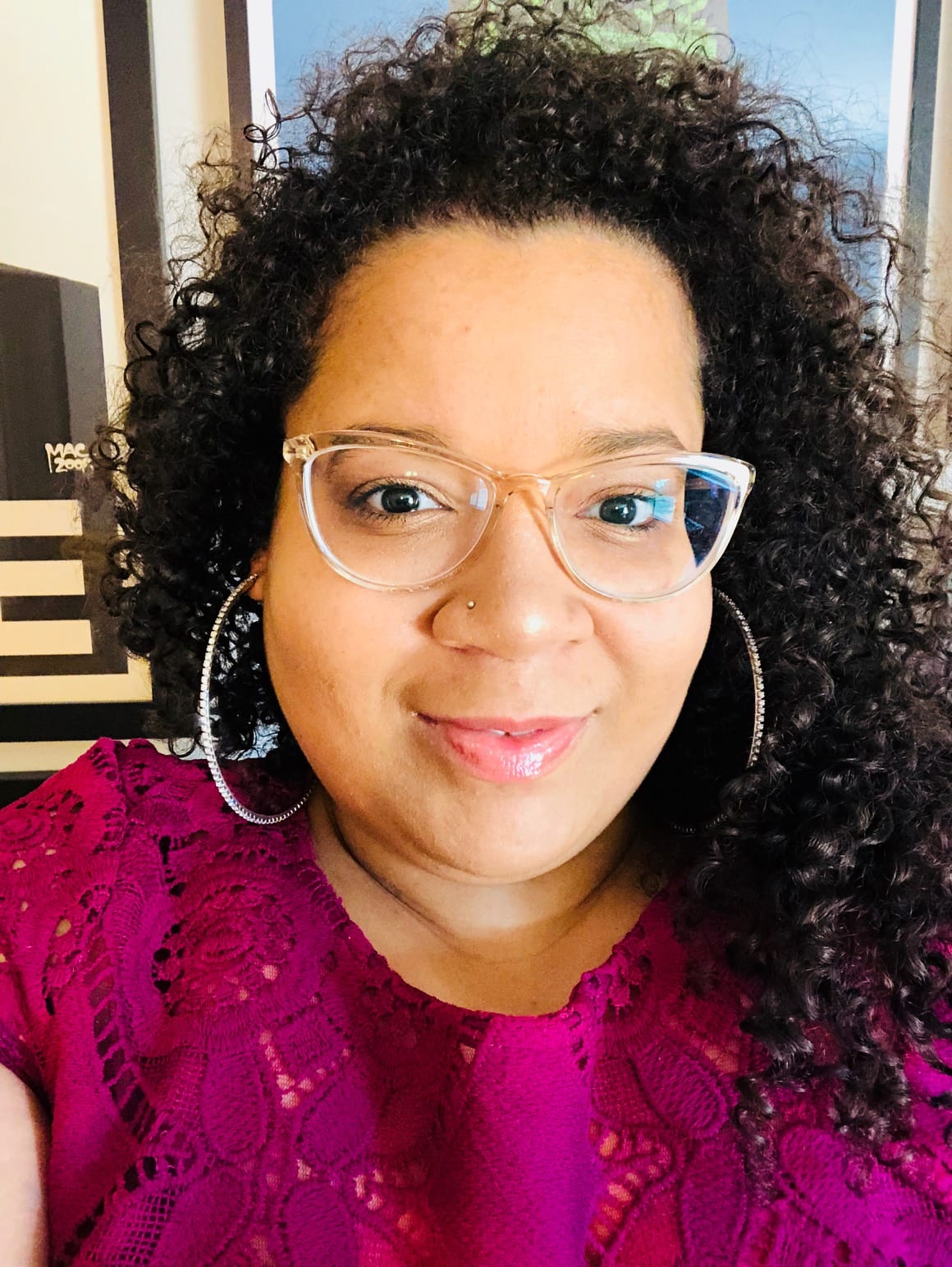Patient-Directed Care Making Progress During Coronavirus!
May 21, 2020
Providence, a healthcare provider that serves more than 50 hospitals and nearly 1,100 clinics in seven states (Alaska, California, Montana, New Mexico, Oregon, Texas, and Washington) suffered two recent significant setbacks that resulted in victories for patient-directed care in California and Oregon.
The first win for patient-directed care happened on May 1: Hoag Memorial Hospital in Orange County filed a lawsuit to end its eight-year partnership with Providence St. Joseph Health because Providence’s Ethical and Religious Directives for Catholic Health Care prohibit certain reproductive health services and end-of-life care options, including medical aid in dying. Hoag is a nonprofit regional health care delivery network with more than 30,000 inpatient and 450,000 outpatient visits each year.
The Orange County Register broke the story about Hoag’s lawsuit to sever its partnership with Providence and the reasons for it:
“The recent coronavirus pandemic illustrated even more the needs for the hospital’s local control, said Robert Braithwaite, Hoag’s president and CEO.
“’Hoag must be able to keep local resources and decision making in Orange County to address all the health needs of community members for years to come,’ Braithwaite said. ‘The current structure of our relationship with Providence, we believe, is not in the best interest of our patients, the community, our physicians and team members.’”
In response to this good news, Compassion & Choices volunteer advocate Steph Campbell wrote a letter to the editor of the Orange County Register praising the lawsuit:

“Hoag provided my husband, Richard Gillock, with great end-of-life care for incurable prostate cancer. Unfortunately, Providence’s policy prohibiting Hoag’s doctors from prescribing medical aid in dying to peacefully end intolerable suffering forced us to switch to a provider that would provide this compassionate option before he mercifully died in March: Valley Oaks Hospice …
“I urge local residents who support Hoag’s lawsuit that would allow medical aid in dying to thank hospital officials by emailing them at [email protected].”
The Willamette Weekly broke the story last Friday about the second win for patient-directed care this month:
“A transaction that would have combined CareOregon, the state's largest Medicaid insurer [serving more than 375,000 Medicaid recipients and specific case management services for American Indians and Alaska Natives on the fee-for-service (open card) Oregon Health Plan through our Tribal Care Coordination program for Oregon’s nine federally-recognized Tribes], with Providence Plan Partners, the insurance arm of Providence St. Joseph's Health, the state's largest health care provider, has been called off.
"’The organizations…have been unable to align on operating principles necessary to finalize their agreement,’ the healthcare providers said in a joint statement. ‘In light of this development and the immediate focus for both organizations to meet the needs of patients, provider partners and members impacted by the COVID-19 pandemic, CareOregon and Providence Plan Partners have decided to suspend discussions to combine.’"
Compassion & Choices repeatedly applied significant pressure to prevent the merger.

“A merger with an entity that had such [care] restrictions could violate the values and religious beliefs of patients when they differ from the prohibiting institution, lead to poorer health outcomes, decrease access to evidence-based medical services, lead to lower quality of care for CareOregon patients, compromise a physicians’ ability to practice evidence-based medicine, and deny patients’ autonomy in decision-making,” wrote Compassion & Choices NW Regional Advocacy Manager Jennifer Parrish Taylor in a March 6 letter to CareOregon’s Board of Directors. “Patients and their families are unlikely to know or understand that their end-of-life care options have been substantially limited for non-clinical reasons until it is literally and figuratively too late.”
On May 1, Compassion & Choices and several other advocacy groups, including ACLU of Oregon, Basic Rights Oregon, Forward Together, NARAL Pro-Choice Oregon, Planned Parenthood Advocates of Oregon, and SEIU Local 49, issued a joint statement urging caution on the merger.
"For years, Providence has been allowed to put religious views ahead of patient health, limiting access to the full range of care and impacting our ability to make personal decisions with providers that is best for our health," the groups said. "It's clear that this corporation is at odds with Oregon values, and we are deeply concerned that a merger with CareOregon will only hurt Medicaid patients who already face barriers to health care."
Two weeks later, the same groups issued individual statements praising the cancellation of the merger.
“This decision ensures that all Oregonians continue to have access to the full spectrum of end-of-life care," said Compassion & Choices NW Regional Advocacy Manager Jennifer Parrish Taylor. "Over two decades ago, Oregon was the first state in the nation to recognize the right to utilize medical aid in dying, ensuring terminally ill residents don't have to suffer needlessly. Thanks to CareOregon's decision, Oregon Health Plan members won't be denied this choice for religious reasons that may not reflect their personal values.”


